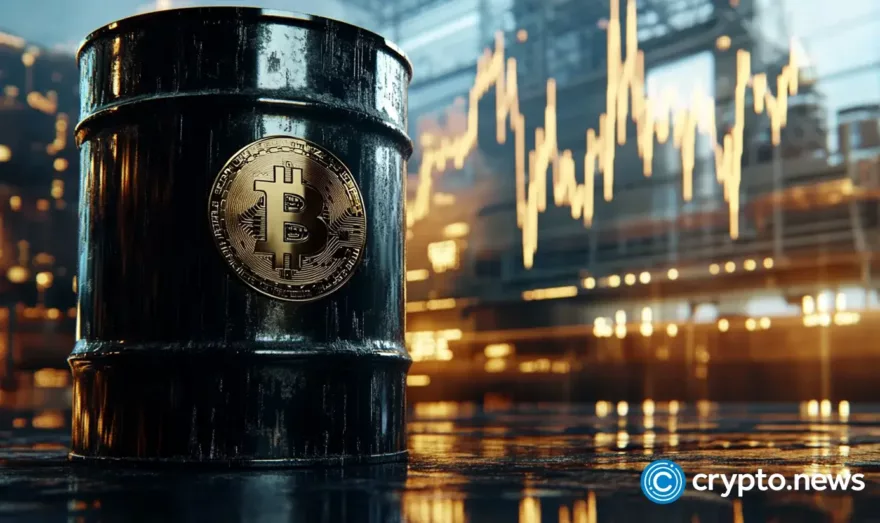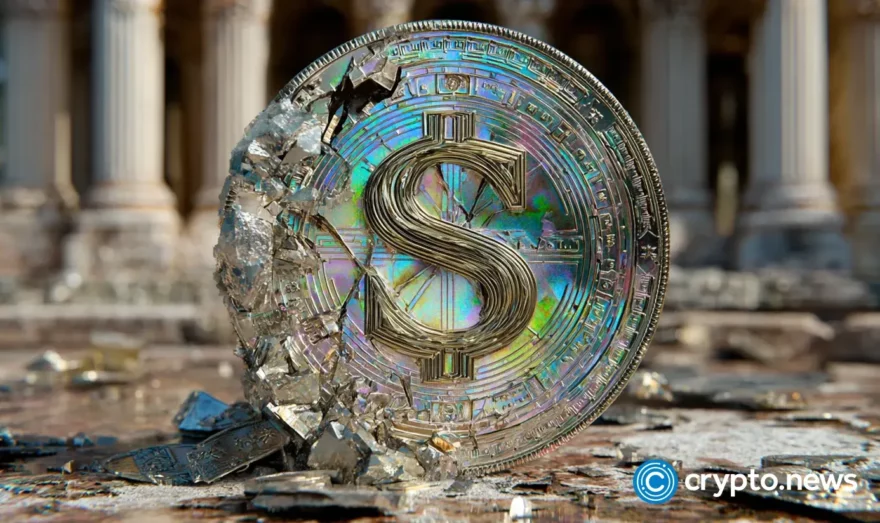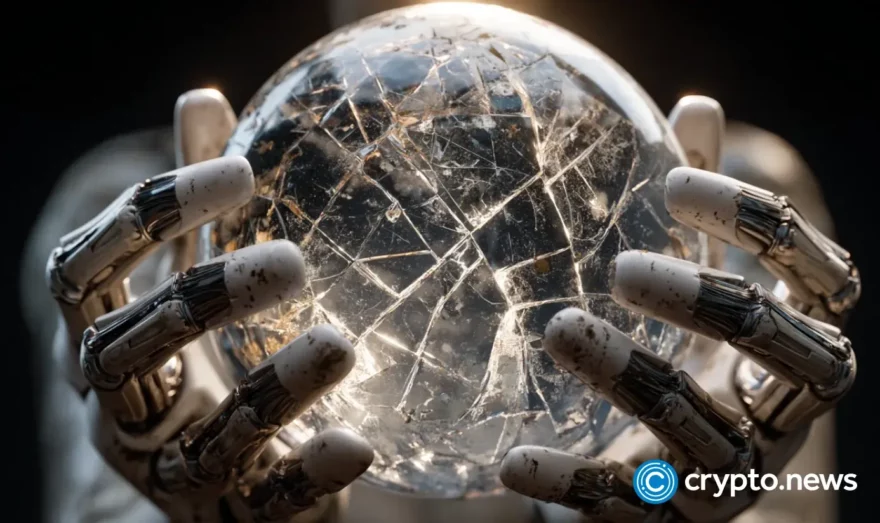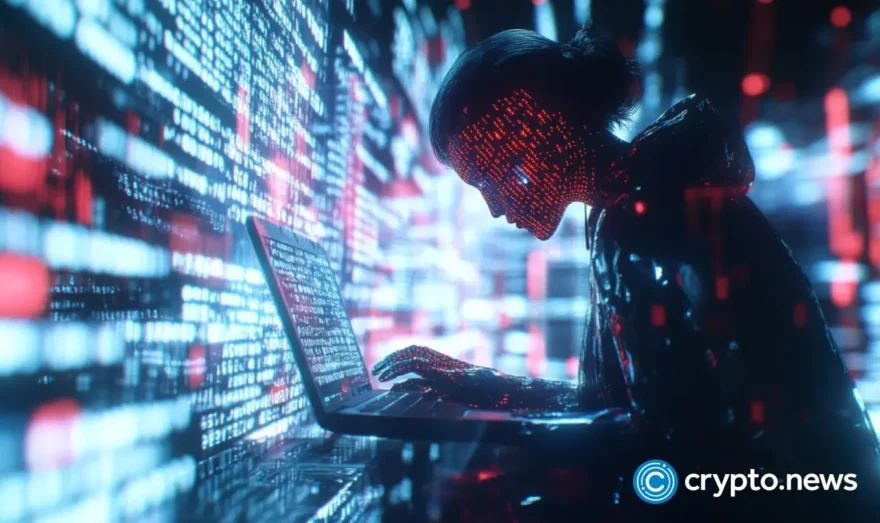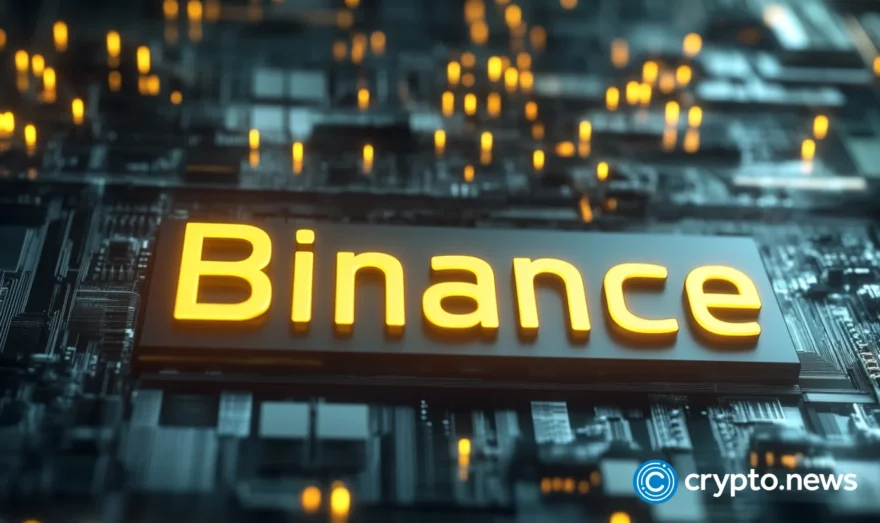MakerDAO consolidates governance tasks after vote
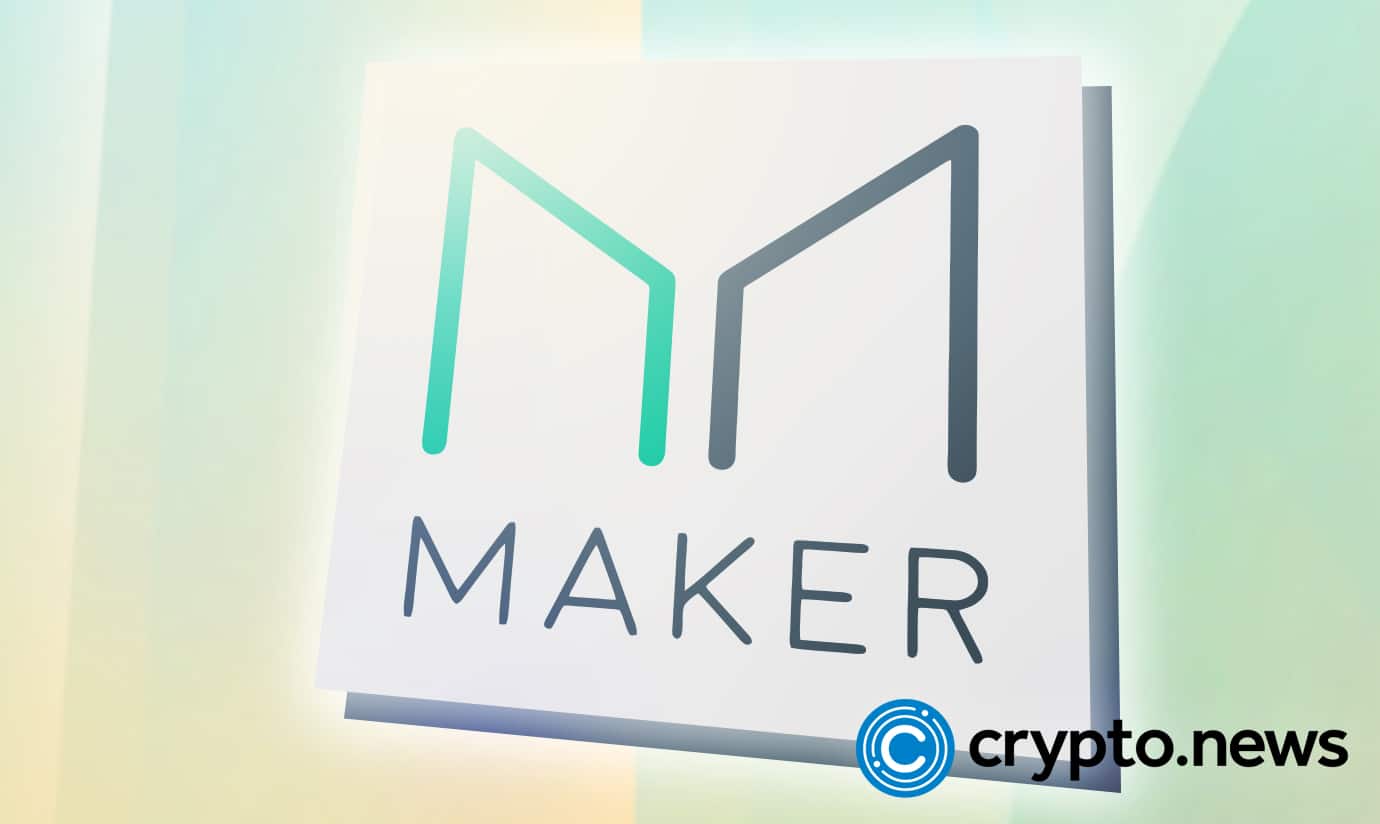
MakerDAO is reportedly planning to implement eight community-approved governance improvements in the “most significant deployments of 2022.”
MakerDAO executes governance action
On Dec 11, delegates to the DAO cast their ballots. The package comprises the introduction of the Gnosis DAO (GNO) token as collateral for DAI, an increase in the savings rate for DAI from 0.01% to 1%, and a remuneration plan for approved delegates. The DAO intended to employ GNO to generate DAI, its stablecoin, as previously disclosed by The Block.
When the proposed endeavor is finished, the total of $103,230 will be divided among twenty maker delegates. This compensation is meant to encourage authorized delegates to vote consistently. A delegate is a trusted member of the Maker community who has been granted voting power on behalf of all Makers in the MakerDAO.
The ownership of Maker (MKR) tokens grants the holder a voice in crucial DAO decisions. While the vast majority of token holders vote independently, some still opt to delegate their vote to a third party. Several BlockTower credit vaults are being added to the package as an alternative to the renBTC vault, and there are also other forms of control being implemented.
After this final confirmation, no more DAI will be minted using renBTC as collateral. As part of MakerDAO’s long-term plans, the technical specifications of the open market committee and the Starknet bridge will be revised.
renBTC is no longer available
Due to Ren’s impending 1.0 shutdown, MakerDAO has split off the renBTC vault (a DeFi protocol used for wrapping and bridging crypto assets). Bitcoin and other native Layer 1 currencies can be used on a Layer 2 network like Ethereum by undergoing a process called “wrapping.” Bridges between networks allow for the simple transfer of crypto tokens.
After FTX and its sibling trading firm, Alameda Research, which had acquired it the year prior and was in possession of the project’s money, collapsed, the future of Ren became uncertain. The 1.0 release was recently revealed to be on hold in favor of a community-owned 2.0 update before the end of the year when financing is expected to run out. The public is urged to investigate the contents of their freshly acquired goods immediately.
MakerDAO’s backstory
Since its launch in 2015, MakerDAO has become one of Ethereum’s most prominent decentralized applications (dApps), and it now controls a sizeable portion of the DeFi ecosystem’s total liquidity. Programmers at the Foundation, as well as professionals from the outside community, have had a hand in this. The project’s coins were sold privately to venture capital firms like a16z, Paradigm, and Dragonfly Capital rather than through an initial coin offering (ICO). Other decentralized banking apps have failed to match this one’s success since then.









